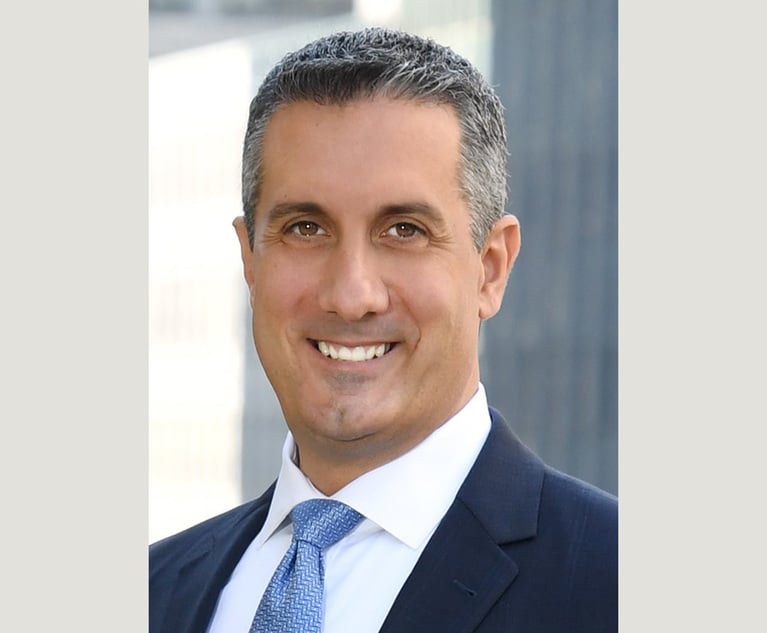Shareholder litigation commenced against boards of cooperative corporations is often brought both individually and derivatively on behalf of the corporation for good reason. The Business Corporation Law (BCL) broadly provides that a shareholder who is successful, in whole or in part, or who receives anything as a result of a judgment or settlement, in a derivative action, may be awarded reasonable expenses, including reasonable attorneys’ fees. BCL Section 626(e). In contrast, the attorneys’ fees provisions commonly found in proprietary leases (if any) are much narrower and limit recovery. Dismissing the derivative claims from the lawsuit can significantly change the posture of the litigation and substantially narrow the issues in the case, which can strengthen the board’s position and mitigate expenses. This article discusses a basis for seeking dismissal of derivative claims, which may be overlooked by practitioners.
Derivative claims, alleging that the board of directors breached a fiduciary duty to the corporation (i.e., caused harm to the corporation), belong to the corporation, not to the shareholder. It is not for one shareholder to decide whether it is in the best interest of the corporation to assert such a claim against the board. Derivative claims are permitted because a corrupt board, comprised of self-interested directors, would presumably not sue itself. However, independent, disinterested directors can decide whether the corporation should pursue a claim against the board, and they are better suited to do so, under the protections of the business judgment rule. The Court of Appeals established this precedent in the landmark case Auerbach v Bennett, 47 NY2d 619 (1979), and this precedent has been successfully applied to cooperative corporations. Ungerleider v One Fifth Ave Apt Corp, 164 Misc 2d 118, 120 (NY Sup Ct 1995).


